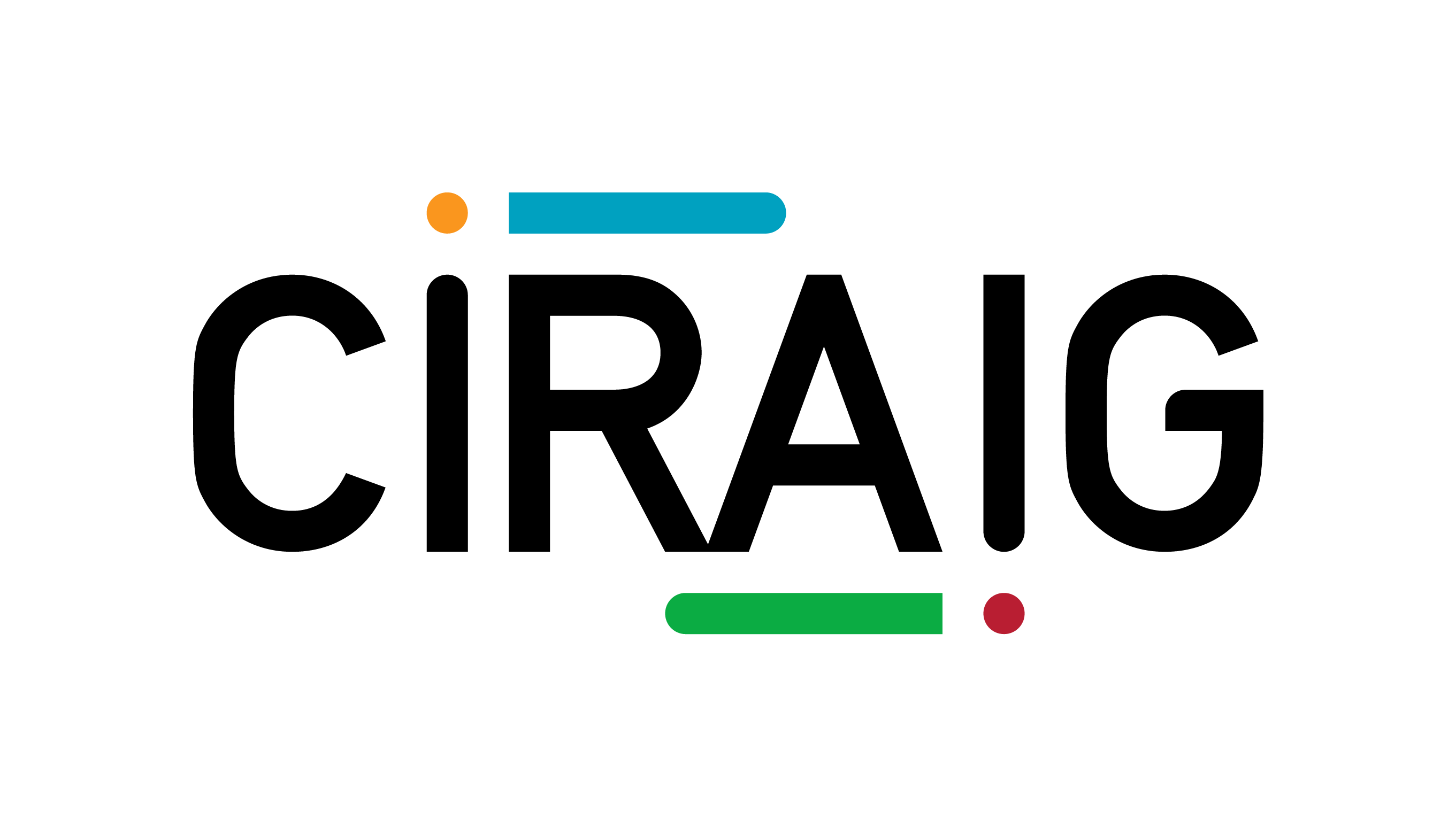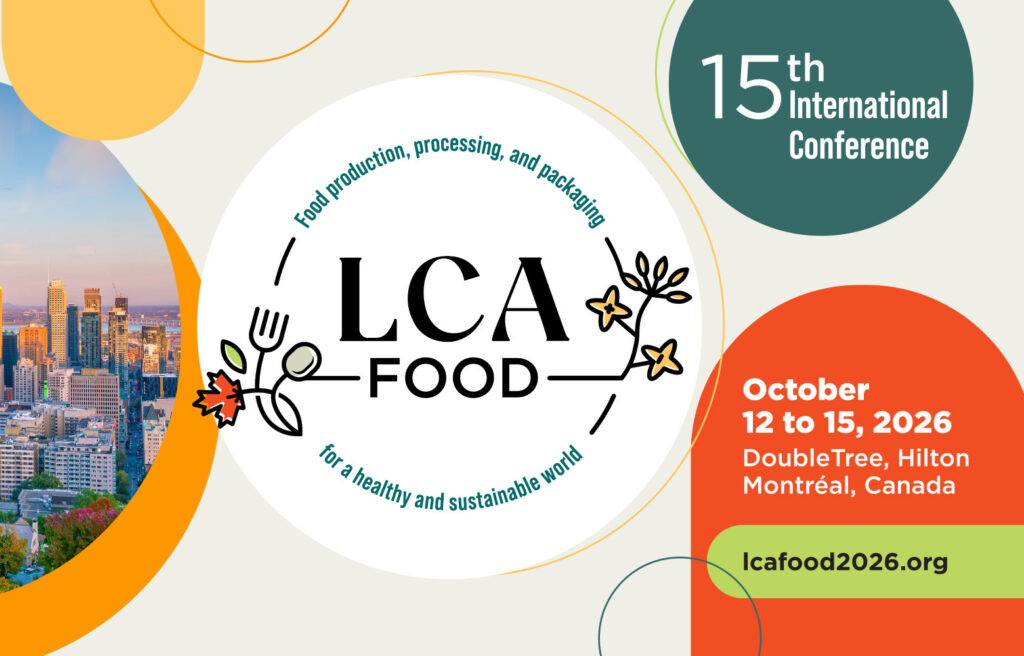Project
Pilot projects on Guidelines for social life cycle assessment of products and organizations 2022
Nine Pilot projects were launched to test the application of the UNEP 2020 Guidelines of Social Life Cycle Assessment of Products and Organizations and their submitted reports are presented in the subsequent chapters of this document. The latter applies Social LCA to products, services, and organizations and showcases the benefits and challenges its implementation entails, as well as recommendations to overcome them. The road testing is very diverse: the UNEP Guidelines were applied to different sectors (automotive, metal, food, Cosmetic, plastics packaging), in different companies ranging from multinationals to sector associations, and across 5 continents (Germany, Italy, Indonesia, India, US, Ghana, Ecuador).

Social Life Cycle Assessment (S-LCA) is a methodology developed in order to assess the negative and positive social impacts of products and services, along their life cycle. Guidelines for S-LCA were first published in 2009 as a project of the UNEP/SETAC Life cycle Initiative (today UN Environment Life Cycle Initiative). In the last 10 years, further developments and numerous implementations have been carried out, defining in more detail the methodology, its indicators and impact assessment methods. After those ten years, a revision of the current version of the Guidelines became necessary.
The project for the revision of the Guidelines of Social Life cycle assessment of Products, and the related Methodological Sheets started in September 2017 led by Social LC Alliance. the review project was sponsored by the UNEP Life Cycle Initiative from May 2018 on.
The project was designed with two main phases:
- Methodological review of the Guidelines and update of methodological sheets
- Implementation of the new Guidelines in pilot projects
In collaboration with
We use cookies on our website to give you the most relevant experience by remembering your preferences and repeat visits. By clicking “Accept”, you consent to the use of ALL the cookies.
Manage consent
Privacy Overview
This website uses cookies to improve your experience while you navigate through the website. Out of these, the cookies that are categorized as necessary are stored on your browser as they are essential for the working of basic functionalities of the website. We also use third-party cookies that help us analyze and understand how you use this website. These cookies will be stored in your browser only with your consent. You also have the option to opt-out of these cookies. But opting out of some of these cookies may affect your browsing experience.
Necessary cookies are absolutely essential for the website to function properly. This category only includes cookies that ensures basic functionalities and security features of the website. These cookies do not store any personal information.
Any cookies that may not be particularly necessary for the website to function and is used specifically to collect user personal data via analytics, ads, other embedded contents are termed as non-necessary cookies. It is mandatory to procure user consent prior to running these cookies on your website.
Your subscription could not be saved. Please try again.
Your subscription has been successful.






